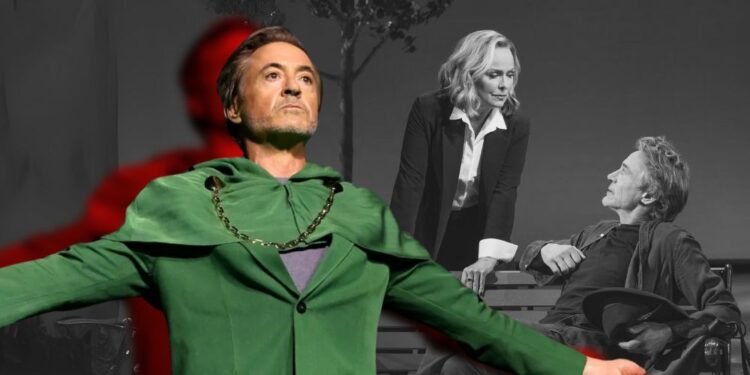Robert Downey Jr. isn’t about to let AI take his place, even from beyond the grave.
On a recent episode of the “On With Kara Swisher” podcast, the Iron Man actor made his stance crystal clear: any future Hollywood executive daring to replicate his likeness using AI will face his legal wrath.
Looks like Downey was never a fan of BARF, the memory tech his character once flaunted in Avengers—turns out, he’s not keen on digital versions of himself, on or off screen.
As discussions around AI heat up, Downey’s declaration adds fuel to a growing debate on digital replicas and the ethics of AI in entertainment.
Iron Man’s New Battle: Fighting the Rise of Robo-Downey?
Downey’s thoughts on AI aren’t without context. Hollywood has been embroiled in ongoing strikes as performers push back against AI usage.
The Screen Actors Guild (SAG-AFTRA) has raised major concerns, calling AI an existential threat to performers.
Downey, ever the trailblazer, stands firm, insisting that he won’t be a pawn in Hollywood’s AI-driven game. For him, it’s a matter of artistic integrity and a refusal to be reduced to a digital replica, no matter how accurate the tech is.
A new California law might be on his side, too.
Thanks to SAG-AFTRA’s advocacy, a recent law signed by Governor Gavin Newsom prohibits unauthorized replication of a deceased performer’s likeness without consent.
This law makes it clear: actors’ images aren’t just assets to be tossed around posthumously.
Artificial ‘Iron’ Intellect? Downey Says That’s a Hard No
As AI technology continues to advance, Downey’s stand raises a critical question: who truly owns an actor’s “soul” onscreen?
Downey’s Broadway debut this month in McNeal, a play that examines issues of AI and plagiarism, couldn’t be more timely.
Downey’s unyielding stance serves as a rallying cry for artists everywhere – and a warning to the industry’s decision-makers about the limits of tech in replacing the human spirit.












